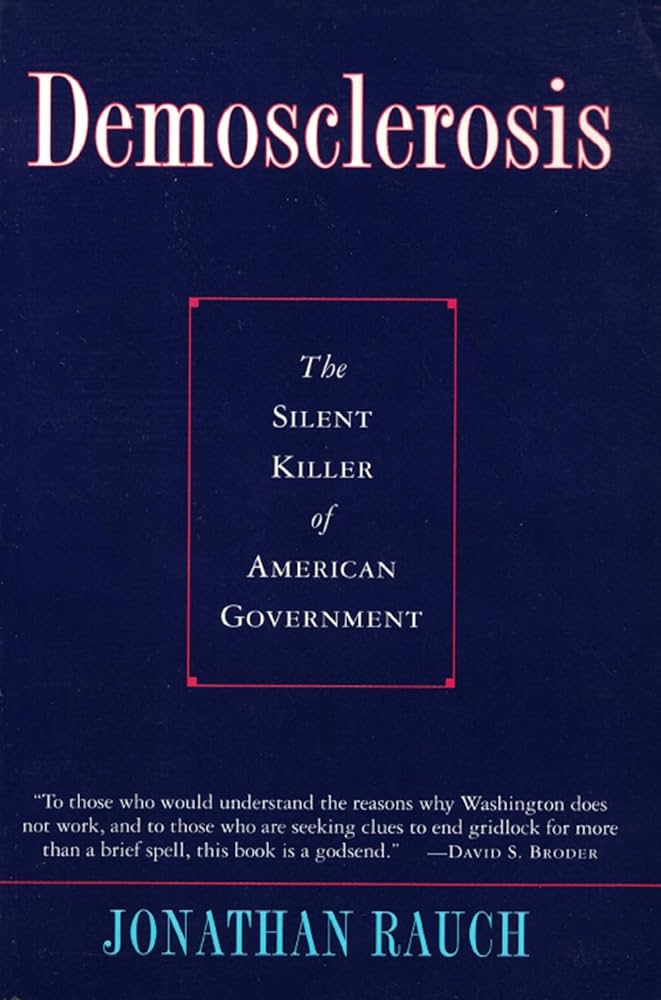
Last month, President Joseph Biden announced new tariffs on steel and aluminum, semiconductors, electric vehicles and some other items. His administration argues this action is retaliation for “China’s unfair trade practices” and aims to “protect American workers and businesses.”
Cynics allege Biden is trying to appeal to voters considering voting for Donald J. Trump, who has thundered on and on about China and bad trade deals for years. Whatever President Biden’s motives, there is no doubt the Chinese government has a record of misbehavior, including thieving intellectual property, peddling illicit goods, using forced labor and pilfering sensitive technologies.
On Capitol Hill, meanwhile, legislators are discussing whether to extend the 2017 tax cuts, which expire in 18 months. On signing the law, then-President Trump ballyhooed it as “the biggest tax cuts and reform in the history of our country. This is bigger than, actually, President Reagan’s many years ago.”
He argued it would make the economy roar and Americans richer. Critics claimed the statute benefited the wealthiest Americans and corporations disproportionately. Extending these tax cuts would add $4 trillion to the federal deficit, which already is at a historic and alarming high.
Whatever one may think about tariffs and tax cut extensions as public policy, one thing is worth recognizing: Self-interested groups that benefit from these temporary policies are advocating on behalf of them and want them to become permanent.
“So what?” you might think. “That’s how the system works.”
That is absolutely true. The First Amendment protects Americans’ right to “petition government for a redress of grievances.” They can lobby Congress, and if that doesn’t work they can file comments with executive agencies, sue in federal courts and campaign for elected officials who will do their bidding.
But ask yourself, what happens to the government when organized interests relentlessly demand that it creates new benefits and maintains old programs? Answer: The government becomes so overloaded with to-do’s that it becomes scatterbrained and unable to focus its resources on the most pressing problems.
Governance devolves into an exercise in spending taxpayer dollars on redundant and ineffective programs that do not create wealth and instead transfer existing wealth to stakeholders. Citizens lose faith and become angry.
This is “demosclerosis,” a condition endemic to our free society, and identified by author Jonathan Rauch 30 years ago in his brilliant book of the same name.
It is difficult to understate the scope of the problem. Last month, the Government Accountability Office (GAO) identified 112 new instances of federal program fragmentation, overlap and duplication. This comes subsequent to the 100 recommendations made by GAO last year and the 1,800 other recommendations it has made since 2011.
Which is to say nothing of the various other government actions that fall outside the scope of these reports, such as the tariffs that drive up the prices Americans pay. Nor does it account for the costs of the immense thicket that is the U.S. tax code, which creates contradictory fiscal incentives for Americans and private enterprises and imposes expensive compliance costs in the form of legion tax accountants and attorneys. And GAO’s report does not speak of the various government activities that already are supplied by private sector efforts.
It is tempting to wave an angry fist at Washington, D.C., and damn the special interests. But that would be misguided, notes Rauch. Nearly every American is a beneficiary of some sort of subsidy or government program. “We have met the special interests, and they are us.”
There is no cure for demosclerosis, but it need not be a terminal condition. Voters can elect more legislators who commit to cutting particular programs — vague promises are not sufficient.
Additionally, Congress itself can appoint a commission to publicly identify ineffective, redundant and needless policies and programs, which then are rolled into one large bill that is given an up or down vote. The same could be done to cull and harmonize the 186,000-page corpus of regulations. And each year the president could give Congress a “kill list” of programs and regulations that Congress could vote upon.
Doing any or all of these things would be responsible. But, Rauch observes, they also would free up government agencies to experiment with new solutions to existing problems. Money formerly wasted would be used to produce results and pay down the debt and be returned to taxpayers.
Kevin R. Kosar (@kevinrkosar) is a senior fellow at the American Enterprise Institute. He hosts the Understanding Congress podcast and edits UnderstandingCongress.org. This column first appeared in The Hill.
Stay in the know about our news and events.